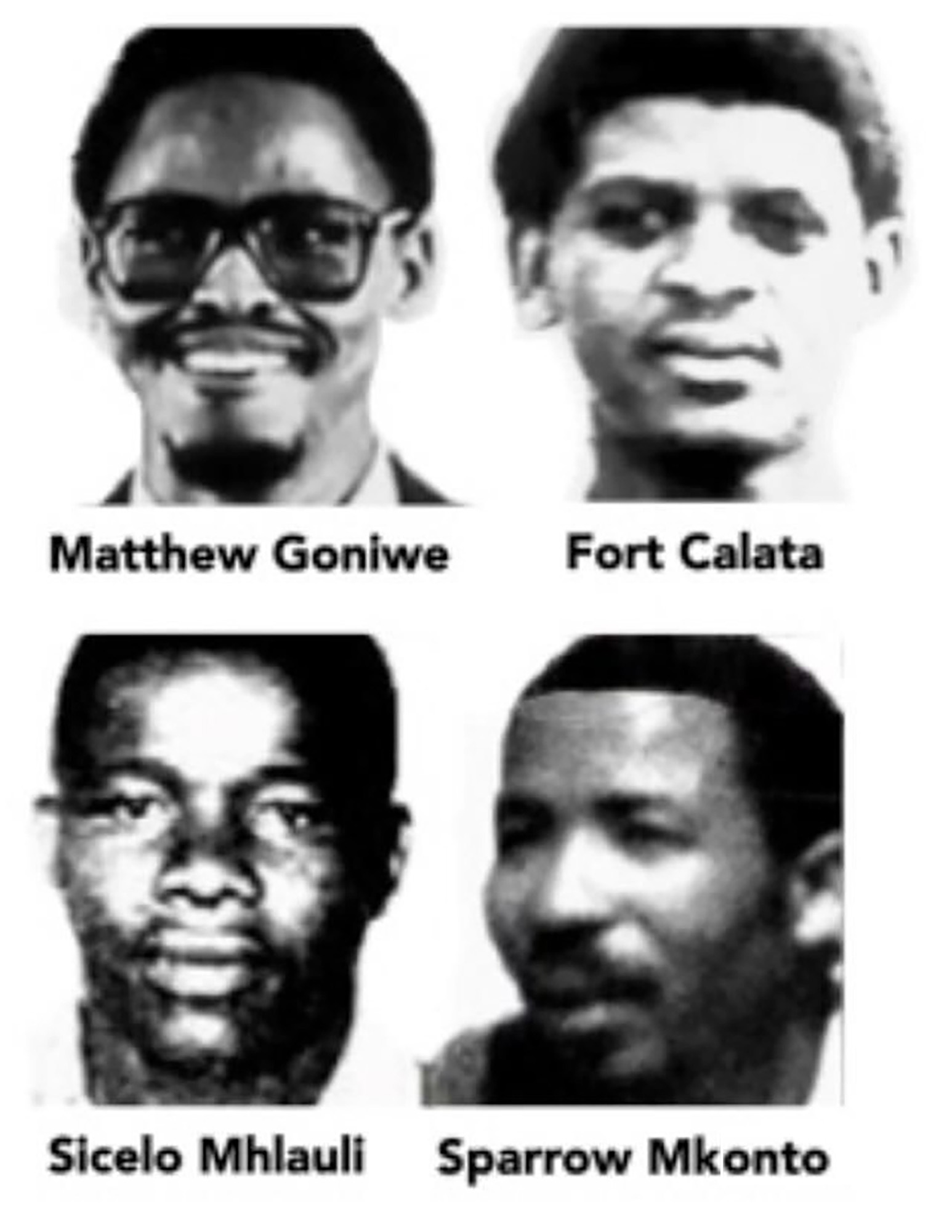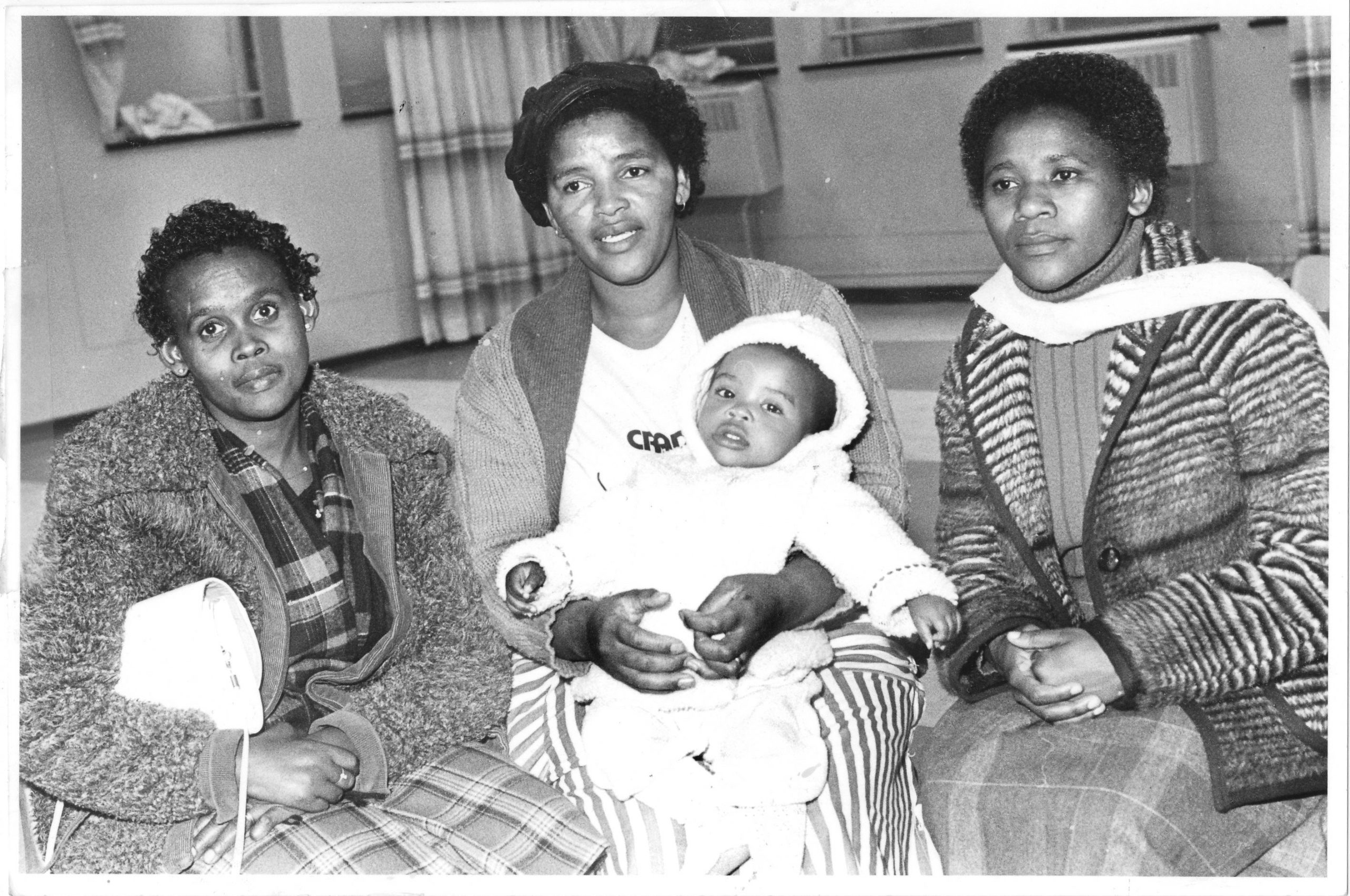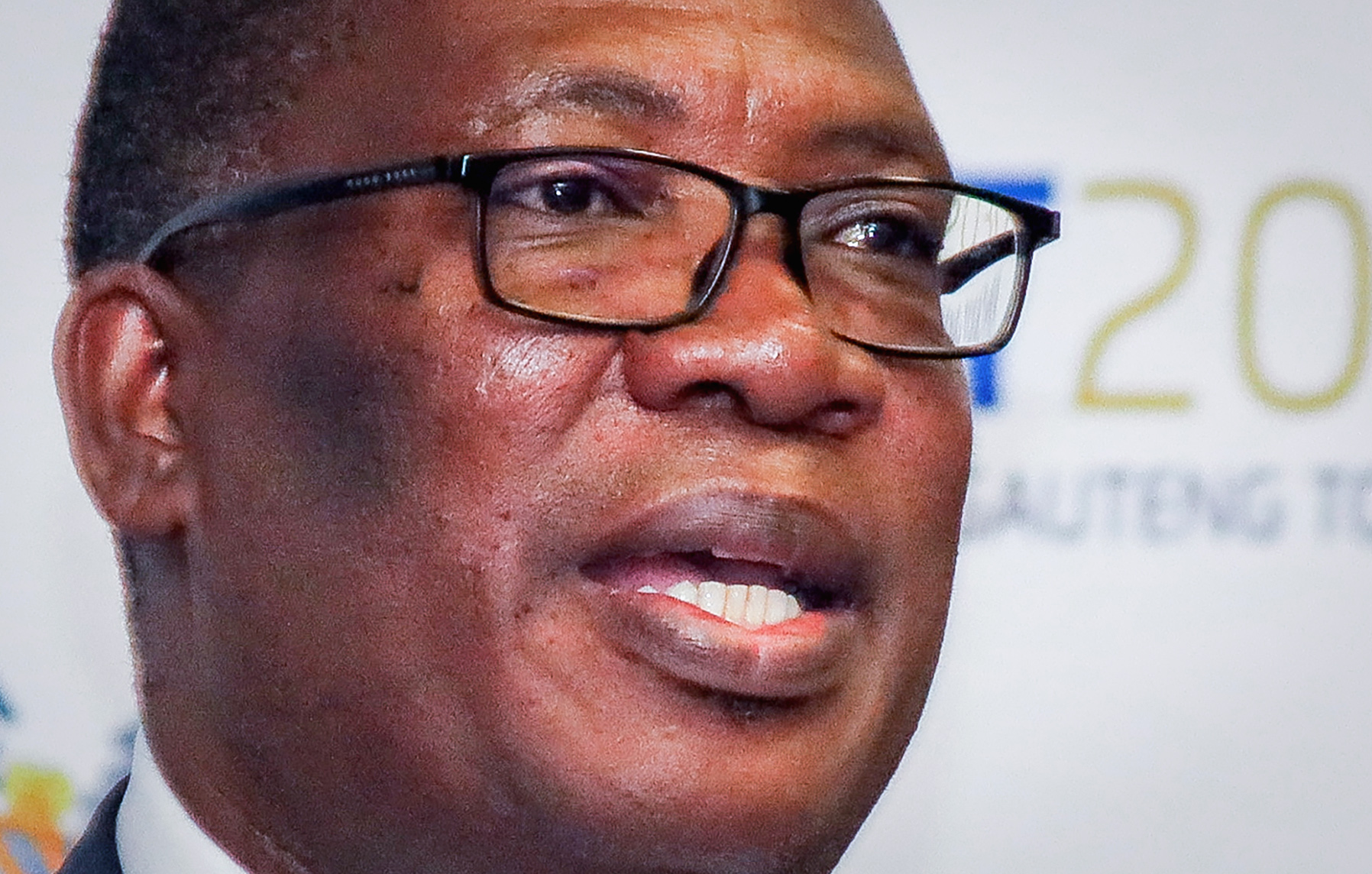Today, we are witnessing a toxic resurgence of hatred in our society. On social media platforms, in public discourse and in township struggles, the violence of apartheid appears to be resurrected in the manner in which we demonise the poor, predominantly black migrants through institutionalised xenophobia and open hatred.
This must be located in the global context of the re-election of Donald Trump as president of the US. What appears to be a mobilisation of fascist right-wing racist politics provides fodder for the toxic hatred that is shared on social media platforms.
At the same time, in the South African context, the Foundation for Human Rights, an active founding member organisation of Kopanang Africa Against Xenophobia (Kaax), is standing firmly in support of four families, demanding that the state account for its failures, specifically of the anti-apartheid activists known as the Cradock Four, who were abducted, tortured and murdered by the apartheid state.
 The Cradock Four. (Photo: Supplied)
The Cradock Four. (Photo: Supplied)
 From Left, Sparrow Mkhonto’s wife Sindiswa, Fort Calata’s wife Nomonde and Matthew Goniwe’s wife Nyameka in 1985. (Photo: Gallo Images / Media24 Archives)
From Left, Sparrow Mkhonto’s wife Sindiswa, Fort Calata’s wife Nomonde and Matthew Goniwe’s wife Nyameka in 1985. (Photo: Gallo Images / Media24 Archives)
 Cradock Four family members Lukhango Calata, Nombuyiselo Mhlauli, Nomonde Calata, Tumani Calata and Lonwabo Mkonto attend the inquest into the men’s murders. (Photo: Deon Ferreira)
Cradock Four family members Lukhango Calata, Nombuyiselo Mhlauli, Nomonde Calata, Tumani Calata and Lonwabo Mkonto attend the inquest into the men’s murders. (Photo: Deon Ferreira)
On 27 June 1985, Matthew Goniwe, Sicelo Mhlauli, Fort Calata and Sparrow Mkonto, on their way back to Cradock from Port Elizabeth, were arrested at a roadblock set up by the security forces.
Their deaths shocked the nation and became a symbol of institutionalised racism, the violence of apartheid and its legal implementation, as well as how easily governments can turn ordinary people into enemies of the state.
Chilling echoes
Today, we see chilling echoes of that logic in how South African leaders speak about migrants, and the criminalisation of migrants, predominantly black African migrants.
Gauteng Premier Panyaza Lesufi’s recent comment on undocumented foreign nationals, in an address to an ANC gathering, raises grave concerns. He made the completely unverified and unsubstantiated claim that, “over 65% of the residents (of informal settlements in Gauteng) are foreign nationals”. This is not leadership, it is scapegoating.
The premier’s words follow a well-worn path: define a group, isolate it and incite public disdain. The responses on social media, amplified by news coverage, show just how effectively this tactic works. But we have been here before. Under apartheid, the state targeted individuals and communities in the name of order. Bureaucratic phrases like “removal from society” masked brutal, often fatal, intentions.
The Cradock Four were not criminals. They were community leaders. But the apartheid state deemed them threats because they dared to challenge injustice.
Today, migrants are cast in a similar role: blamed for poverty, poor services and unemployment – not because the evidence supports it, but because it is politically convenient and politically expedient in that this will win votes for the ANC and many other political parties of the same ilk. But it is full of propaganda and lies. Just like the apartheid state’s existence depended on the demonisation of black people, across the globe today, states demonise migrants to detract from their failure to address inequalities and systemic unemployment, as is the case in South Africa.
Honour the legacy
The solution is not to criminalise the poor or to echo the apartheid tactic of dehumanising others to deflect from government failures.
Instead of repeating history’s mistakes, we should honour the legacy of those like the Cradock Four—people who believed in dignity, equality and justice across borders. They fought for a South Africa that welcomed all who sought peace and opportunity, not one that turned on the vulnerable.
We cannot afford the luxury of forgetting. When leaders use language that divides and targets, they do more than fail the vulnerable, they betray the very spirit of our hard-won democracy.
The Cradock Four were murdered because a government feared the power of organised, principled resistance. But history teaches us: no amount of scapegoating can solve structural injustice. It only deepens the wound.
South Africa must choose: do we repeat the sins of our past, or do we finally build the inclusive future so many died fighting for?
Let us be clear: apartheid was not just a crime against humanity – it was a system built on the dehumanisation of black people. It was a project of racial capitalism, structural violence and state-sanctioned hatred and brutal forms of repression. For years, the Truth and Reconciliation Commission (TRC) offered this country a fragile promise: that truth would lead to justice. But more than 300 cases recommended for prosecution were shelved — not by accident, but by political choice. That choice now has a name.
Political expediency
Former president Thabo Mbeki and former minister of justice Bridgette Mabandla were at the helm of government during a critical period when this country had the opportunity to honour the dead and repair the living. Instead, the pursuit of justice was smothered in the name of political expediency. That they now oppose a court case seeking to right that wrong is not only selfish — it is shameful.
Xenophobia — much like racism — is the convenient narrative of those in power who refuse to confront structural inequality.
Xenophobic violence and hatred are a result of deliberate lies and misinformation spewed by opportunistic politicians blaming migrants in response to the cries of the neglected, the dispossessed, the betrayed working class and the poor in South Africa, the majority of whom are black. This is the reality of a country which continues to be the most unequal in the world and which refuses to address the root causes of inequality, which lie in the unfair privilege that the tiny white minority enjoyed for more than 300 years of colonisation and then apartheid rule.
These are the ills of apartheid that the Truth and Reconciliation process must expose. Instead, the current government uses its power to lie about the reality of poverty, state failure, exploitation, and then to blame migrants. Where is the pan African dream?
The betrayal of the TRC families is not separate from the abandonment of today’s struggling communities. It is part of the same story: a nation unwilling to reckon with its history.
There is a blatant lack of political will by the government to use the power that the constitution gives it – the power to transform South Africa. This should be the redress that will speak to the injustice and unfair privilege enjoyed by both individuals and companies who made excessive profits through legalised forms of discrimination based on the colour of a human being’s skin. This redress must take the form of a wealth tax that will enable this government to enforce a universal income grant.
Kaax supports the families seeking justice for apartheid-era crimes. This case is an important step in dealing with the past and making sure those responsible are held accountable. We encourage all civil society groups and the public to support this effort. Justice and truth are necessary for building a better and fairer South Africa. DM
Mike Ndlovu is the media organiser at Kaax.




 Cradock Four family members Lukhango Calata, Nombuyiselo Mhlauli, Nomonde Calata, Tumani Calata and Lonwabo Mkonto attend the inquest into the men’s murders. (Photo: Deon Ferreira)
Cradock Four family members Lukhango Calata, Nombuyiselo Mhlauli, Nomonde Calata, Tumani Calata and Lonwabo Mkonto attend the inquest into the men’s murders. (Photo: Deon Ferreira) 